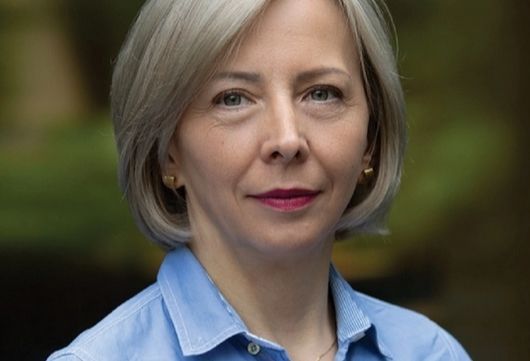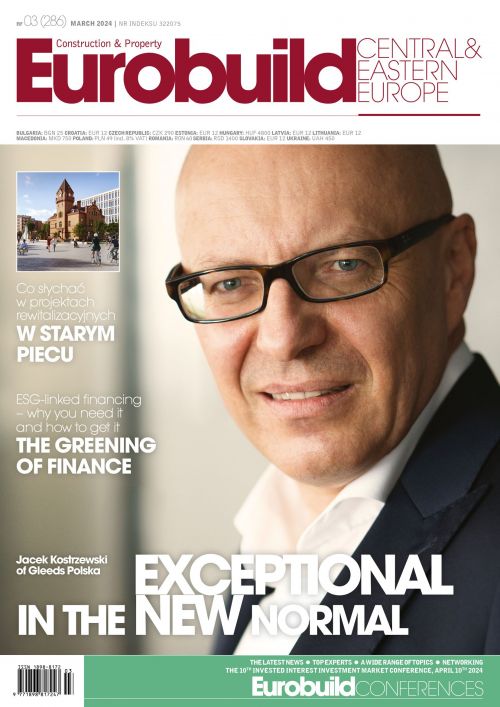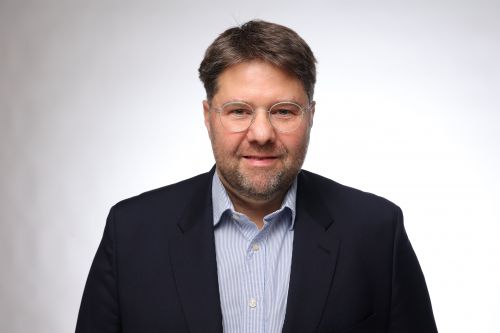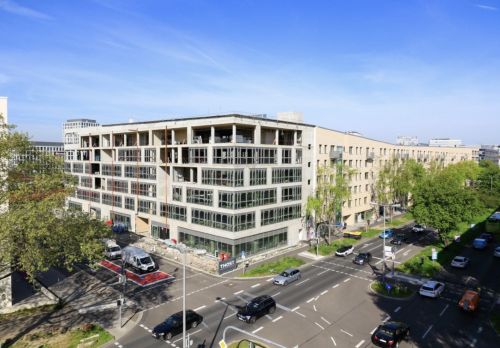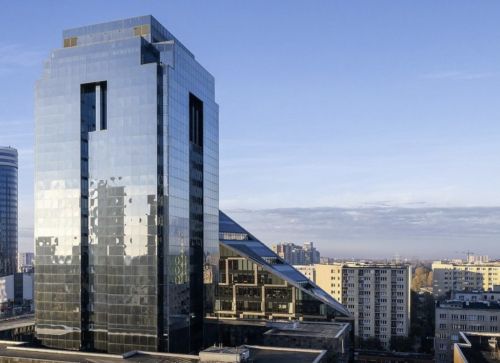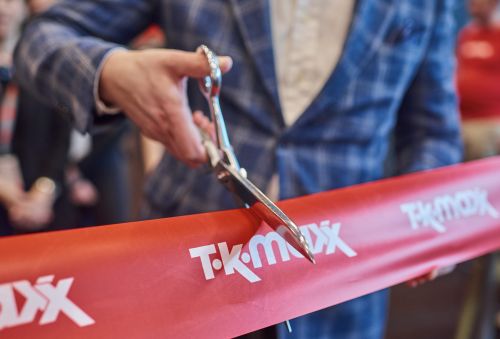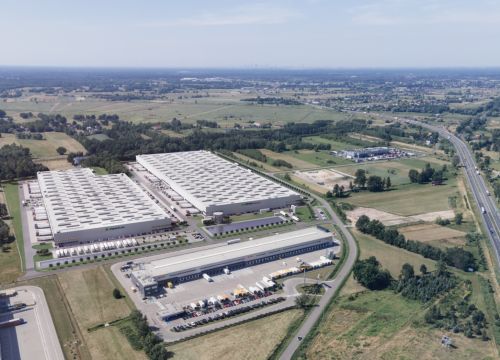‘Eurobuild CEE’: When and with what kind of activities did you begin implementing ESG in your company?
Olga Prokopiak, the head of marketing, Yareal Polska: Yareal has been active on the Polish real estate market for almost 20 years. During these two decades, we have completed a total of 27 residential and office projects, mainly in Warsaw, which have provided comfortable space for thousands of residents and employees, and dozens of businesses. We have also been present in the TriCity for several years.
In Gdynia, we completed the construction of a cosy apartment building in the city centre late last year. In Gdańsk, we are developing a low-key apartment development called Odea Park. We are also carrying out four residential developments in Warsaw, including multi-phase projects. In this city, we are also completing the Lixa office complex, near Rondo Daszyńskiego. And we are working on preparing more developments, both residential and offices.
Environmental issues hav
